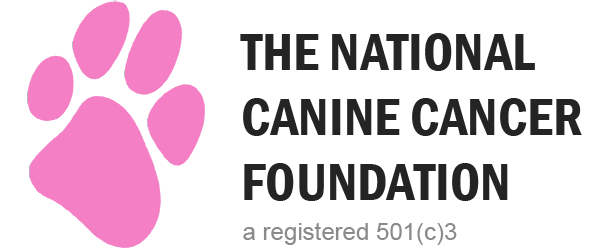[vc_row][vc_column][vc_column_text] [/vc_column_text][vc_column_text]The NCCF is funding a grant at University of Wisconsin’s – Madison School of Veterinary Medicine studying bladder cancer. Dr. Lauren Trepanier’s Lab is currently looking for certain breeds of dogs to act as a control dog in their study. Please look at the following list of the dog breeds they are looking for and if you or any of your dog friends can help, please send us an email.
[/vc_column_text][vc_column_text]The NCCF is funding a grant at University of Wisconsin’s – Madison School of Veterinary Medicine studying bladder cancer. Dr. Lauren Trepanier’s Lab is currently looking for certain breeds of dogs to act as a control dog in their study. Please look at the following list of the dog breeds they are looking for and if you or any of your dog friends can help, please send us an email.
The dogs can be located anywhere in the United States. The owners need to be able to do a simple swab and fill out a questionnaire.
Dr. Trepanier’s Lab is looking for the following:
We are looking for dogs who are equal to or over 11 years old (over 8 years old for Scottish Terriers), without a history of urinary disease in the last year, and who have never had cancer. Here is a list of dogs by breed and sex that we are looking to match to our remaining 46 cases:
| Breed | Sex | Qty |
|---|---|---|
| Australia Shepherd Mix | FS | 1 |
| Beagle | FS | 1 |
| Beagle | MN | 2 |
| Beagle Mix | FS | 2 |
| Belgian Sheepdog | FS | 1 |
| German Shepherd Mix | FS | 1 |
| German Shorthaired Pointer | F | 1 |
| Labradoodle | FS | 1 |
| Labrador | FS | 1 |
| Maltese | MN | 1 |
| Maltese Mix | MN | 1 |
| Miniature Schnauzer | FS | 2 |
| Mixed breed (10 lbs) | MN | 1 |
| Mixed breed (43 lbs) | MN | 1 |
| Mix Papillon | MN | 1 |
| Papillon | FS | 1 |
| Peekapoo | MN | 1 |
| Puggle | FS | 1 |
| Puli | MN | 1 |
| Shetland Sheepdog | FS | 2 |
| Shetland Sheepdog | M | 1 |
| West Highland White Terrier | F | 1 |
| West Highland White Terrier | FS | 1 |
| Wheaten Terrier | MN | 1 |
| Yorkshire Terrier | FS | 2 |
| Scottish Terrier | FS | 12 |
| Scottish Terrier | MN | 2 |
So, if you have any of these breeds and they fit the age and health requirements, please email us and we will get you started on being a part of the cure!
If you missed the update about Dr. Trepanier’s study visit our blog for the full story here.
We still need your help to fight cancer through financial donations as well. Please consider donating to this grant or any of our others or become a CORE member and help the National Canine Cancer Foundation achieve it’s mission of funding research, education and outreach!
Sara Nice
Co-Founder
NCCF
“The passion that moves us forward is from experiencing what Cancer really does to the ones we love. We are driven because there is a hole in our soul where once was the love of our dog.”
[/vc_column_text][/vc_column][/vc_row]

Recent Comments